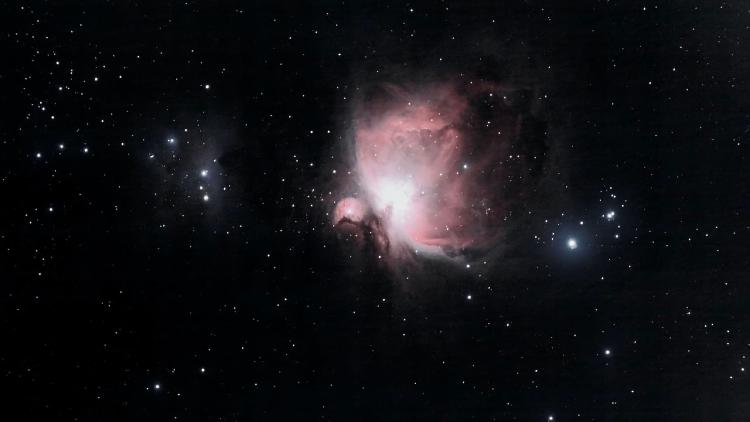Stellar Spectacles: The Wonders of Supernova Explosions
Explore the breathtaking phenomena of supernova explosions, the cosmic fireworks of the universe.

- Anthony Arphan
- 3 min read

In the vast expanse of the cosmos, few events match the spectacle and scientific importance of supernova explosions. These awe-inspiring cosmic fireworks mark the dramatic end of a star’s life and offer profound insights into the universe’s workings. In this article, we embark on a journey to explore the wonders of supernova explosions, shedding light on their significance and the mysteries they unveil.
Supernova Explosions: Cosmic Fireworks
Keyword: Supernova Explosions
Long-term Keyword: Cosmic Fireworks of the Universe
Supernova explosions are cataclysmic events that occur when a massive star reaches the end of its life cycle. The gravitational forces in its core become overpowering, leading to a rapid collapse, followed by a spectacular explosion. These events release an extraordinary amount of energy, briefly outshining entire galaxies and creating elements that are crucial for life as we know it.
The Significance of Supernovae
Keyword: Significance of Supernovae
Long-term Keyword: Role of Supernovae in Cosmic Evolution
Supernovae play a vital role in the life cycle of the universe. They are responsible for dispersing heavy elements, such as iron and gold, into space. These elements are the building blocks of planets, and even life itself. Without supernovae, the universe as we know it would lack the diversity of elements necessary for the formation of celestial bodies and living organisms.
Types of Supernovae
Keyword: Types of Supernovae
Long-term Keyword: Classification of Supernova Events
Supernovae are classified into two primary types: Type I and Type II. Type I supernovae result from the explosion of a white dwarf, while Type II supernovae occur when a massive star runs out of nuclear fuel. Each type provides unique insights into the processes occurring within stars, helping astronomers piece together the puzzle of stellar evolution.
Observing Supernova Explosions
Keyword: Observing Supernova Explosions
Long-term Keyword: Astronomical Observations of Supernovae
Astronomers actively search for and monitor supernovae in distant galaxies. These observations help refine our understanding of the universe’s expansion rate and provide clues about the nature of dark energy. Cutting-edge telescopes and space missions are dedicated to detecting and studying these celestial events.
Conclusion: Cosmic Phenomena Unveiled
Keyword: Cosmic Phenomena Unveiled
Long-term Keyword: Revelations from Supernova Explosions
The wonders of supernova explosions are a testament to the grandeur and complexity of the cosmos. These extraordinary events, far from Earth but central to our understanding of the universe, continue to captivate scientists and stargazers alike. As we explore the significance of supernovae, we gain a deeper appreciation for the role they play in shaping the cosmos and enriching our understanding of the universe’s story.
Whether you’re a seasoned astronomer or someone with a passion for the mysteries of the cosmos, supernova explosions offer a window into the breathtaking beauty and scientific significance of the universe. Witnessing these cosmic fireworks is a reminder of the awe-inspiring wonders that await our exploration in the boundless expanse of space.